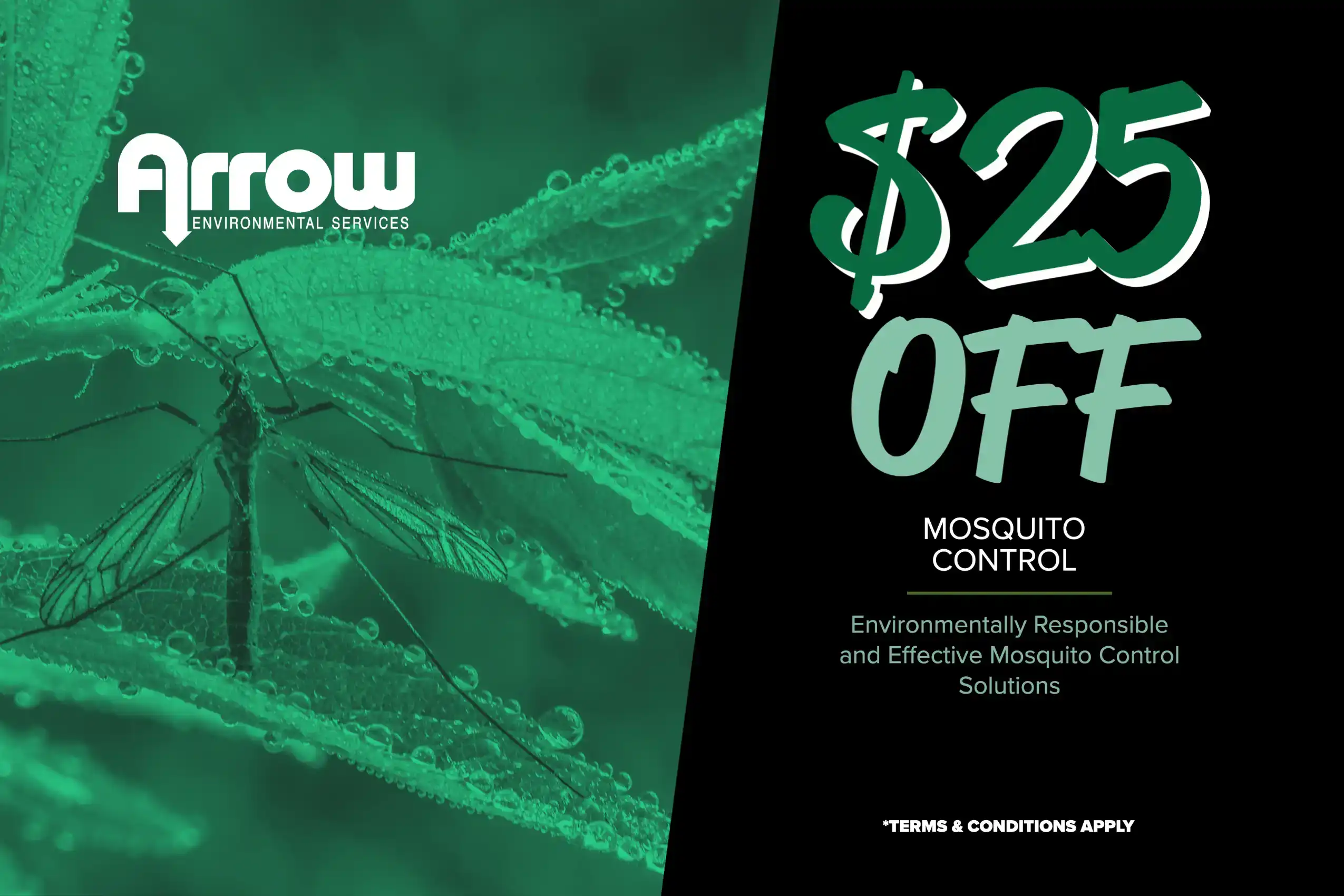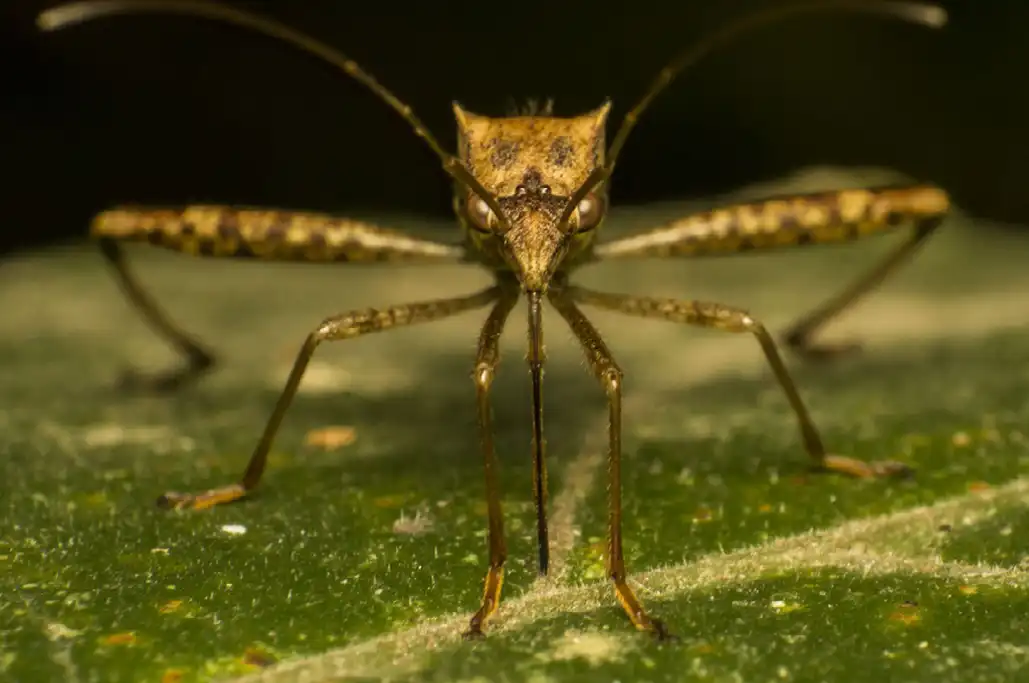Serving Central, West Central, and Southwest Florida
Mosquitoes don’t just suck your blood – they suck the fun out of summertime. They buzz in your ear, and if you scratch their bites, they’ll only itch worse. At Arrow Environmental Services, we offer reliable mosquito control that protects your family and your property so that you can enjoy the outdoors with peace of mind.
We’re the trusted choice for backyard mosquito extermination services, barrier treatments, and more in Florida. Call Arrow to schedule your mosquito control today.


When Should You Get Mosquito Treatment?
There is much to love about Florida. Sunny days and water are conducive to all sorts of outdoor fun, but unfortunately, this also exposes you to one of nature’s most annoying pests, the mosquito. The “Official Mosquito Season” is the rainy season running from June to October, but due to the warm, wet climate, mosquitoes can be found nearly year-round in Florida.
FACT: MOSQUITOS CAN BE ACTIVE WHEN THE TEMPERATURE REACHES JUST 55 DEGREES
During Mosquito Season, female mosquitoes will produce more than 100 eggs every 14 days. Throughout the rest of the year, mosquitoes can still live and reproduce, though not as quickly. That’s why it’s a good idea to call a mosquito control expert whenever you have an issue. Don’t just assume it will go away on its own.
Why Is Mosquito Control in Florida Important?
Mosquito bites are extremely annoying, but that’s not even the worst thing about them. They also have the potential to transmit serious diseases. In many parts of the world, they do transmit diseases such as malaria, Zika, Dengue Fever, and West Nile Virus. They can also cause heartworm in dogs and Eastern Equine Encephalitis (EEE) in horses.
These mosquito-borne diseases are extremely rare in Florida, but they’re not unheard of. In the event of a mosquito-borne disease outbreak, call if you have any questions.
Mosquito Control That Works. Let Us Show You How.
Our mosquito reduction and control program is designed to provide you with optimal outdoor living all year long. We use contact insecticides and insect growth regulators (IGRs) to treat and prevent mosquitoes on your property. Here’s what our mosquito control program provides for you:
Dependable Mosquito Control Services in Florida
Summer comes around just once a year, and we want you to enjoy it. For that to happen, though, you need mosquito control services you can count on.
Reach out to us if you have any questions about how mosquito control works. We offer effective treatments for every type of property and we can develop a custom treatment plan that will work for you. Don’t let summer fun pass you by – get started today with a free estimate.
SPECIAL OFFER
Being Loyal Saves You Money!

